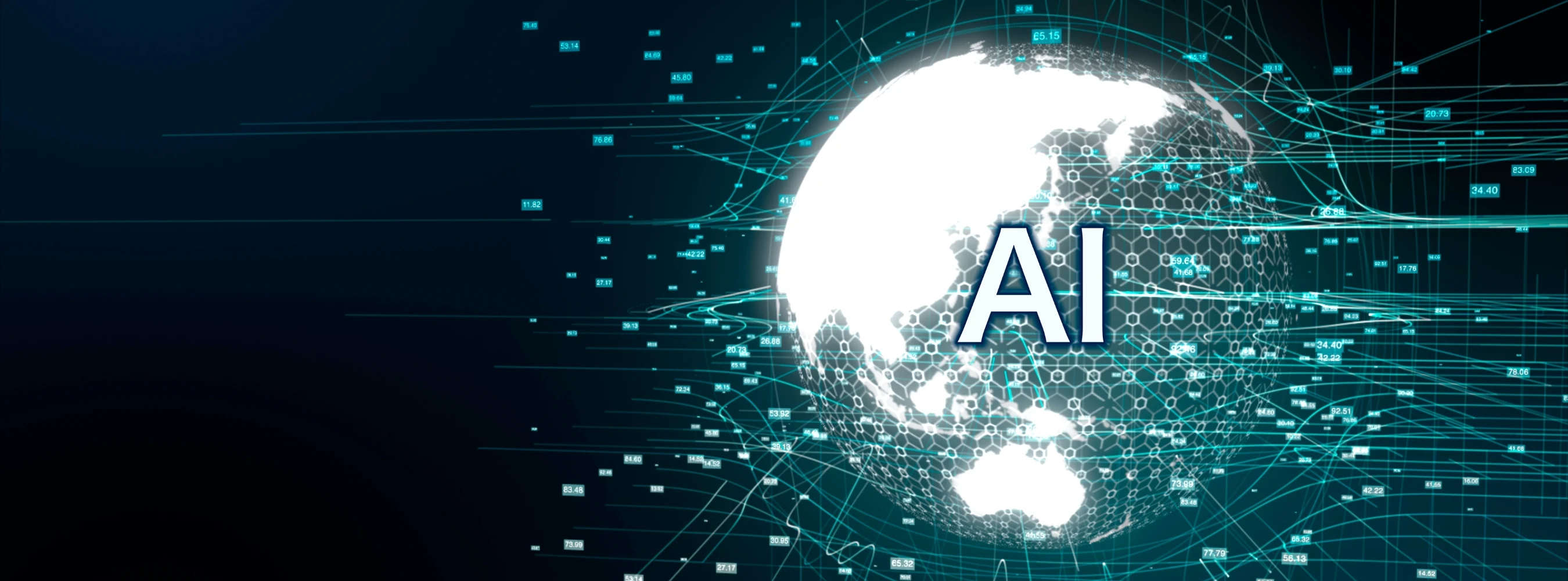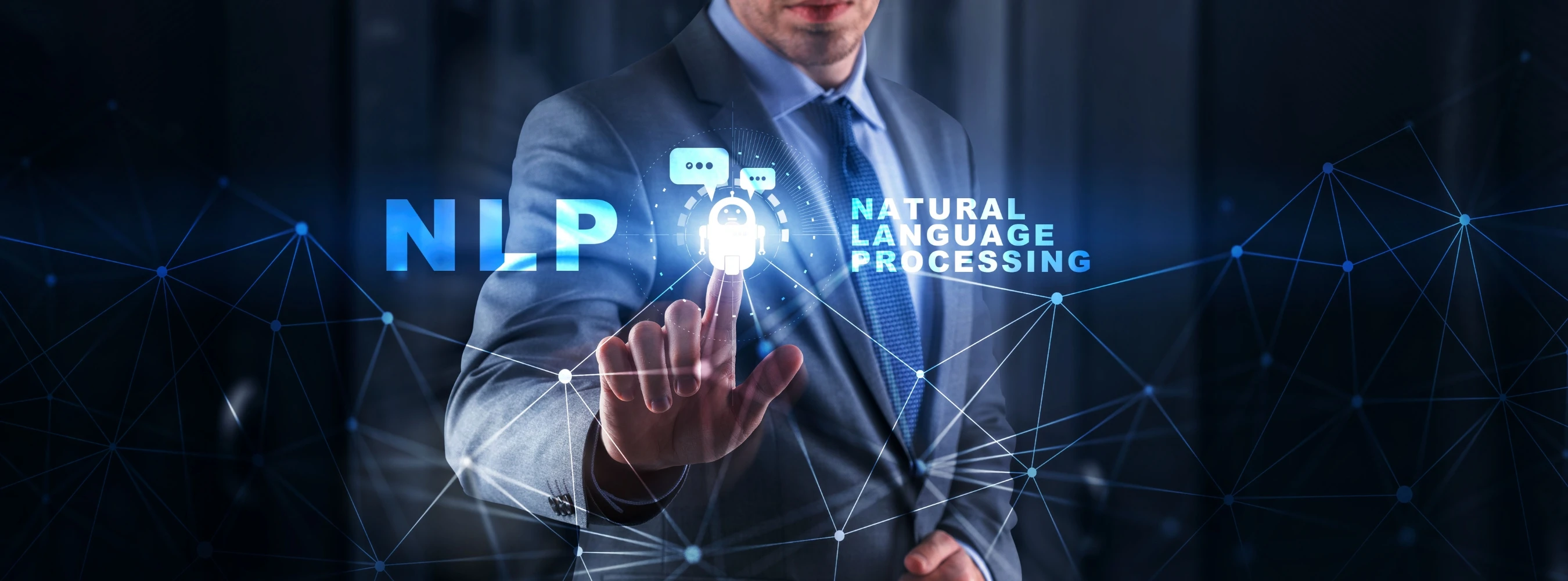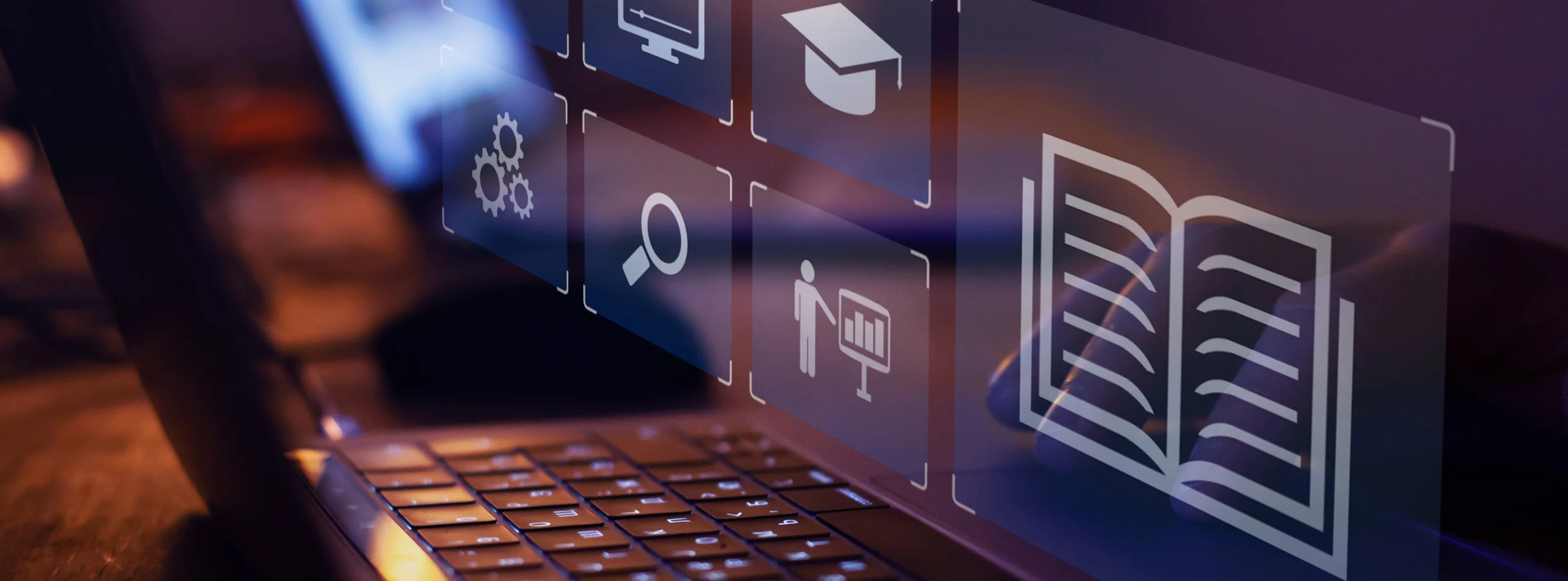The field of language education is undergoing a transformative shift with the integration of Artificial Intelligence (AI). AI-powered learning platforms are making language acquisition more effective, personalized, and engaging than ever before. Through adaptive learning models, instant feedback, and interactive exercises, these platforms are revolutionizing how students and professionals master new languages.
One of the most significant contributions of AI to language learning is the ability to provide a personalized learning experience. Traditional classroom settings often follow a one-size-fits-all approach, which may not cater to individual learning speeds and preferences. AI-driven platforms, however, analyze learners' progress, identify their strengths and weaknesses, and adjust lesson plans accordingly. This ensures that every student receives a tailored learning journey suited to their specific needs.
Another crucial aspect of AI-powered learning platforms is their ability to offer real-time feedback. Speech recognition technology enables learners to practice pronunciation, while AI algorithms provide instant corrections on grammar, sentence structure, and vocabulary. This immediate feedback loop enhances learning efficiency and allows students to make adjustments in real-time, reinforcing language retention.
The rise of AI-driven virtual tutors and chatbots has also transformed language education. Platforms like Duolingo, Babbel, and Rosetta Stone utilize AI to simulate real-life conversations, helping learners build confidence in speaking. These virtual assistants engage students in dialogue, offering contextual suggestions and improving conversational fluency. This interactive approach bridges the gap between theoretical learning and practical application.






